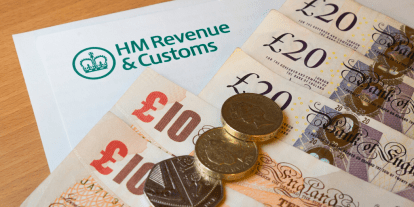United Kingdom: Focus now shifts to Brexit trade deal negotiations
The Brexit deal was cleared by EU Parliament and the United Kingdom has now become the first country to leave the European Union after a 47 year membership. The official departure date was Friday 31 January 2020 at 11pm.
After Britain’s departure from the EU, the UK will remain within the EU’s economic arrangements until the end of the year. The UK will not have any say in policies.
Negotiations will now move to how to cooperate in the future. Britain is seeking a comprehensive trade deal within eleven months. The EU believes this timeline is too short and fears of a chaotic exit remain. The urgency of the eleven months will not lead the EU to rush into anything that would hurt the interests of the EU.
The French President, Macron, has stated that there will not be any pressure put on this, “the priority is to define, in the short, medium and long term interests of the European Union and to preserve them”.
What do we know right now?
Initially, the United Kingdom will enter into a transitional period until 31 December 2020. During this time there will be no changes to the terms of trade with the EU or the rest of the world unless the EU rules change. Current EU rules for VAT, excise taxes and customs will apply to the movement of goods until 1 January 2021.
The UK and the EU have the option to extend this transitional period but an agreement to this extension must be requested and confirmed by 30 June 2020. If the transitional period date is not extended, the United Kingdom has left the umbrella of the EU’s VAT and Customs arrangement since midnight on 1 January 2021.
HMRC Guidance
The HMRC has provided some guidance to EU businesses as they start to consider the indirect tax implications post-Brexit. HRMC have begun communicating with UK VAT registered businesses in relation to trade agreements after the United Kingdom leaves the EU. These letters are being sent to businesses trading with the EU and/or the rest of the world and explain the action businesses should take in order to prepare for changes to customs arrangements after the transitional period:
- Request a UK Economic Operator Registration and Identification number (EORI)*
- Customs facilitation
The guidance that was issued in September 2019, which allowed some EU businesses to apply in advance for a UK VAT registration, has been withdrawn by the HMRC.
Advance registration had been available in the UK for EU businesses holding goods in the UK under call-off stock arrangements. Such businesses do not currently need a UK VAT registration but would be required to have one in the event of a no-deal Brexit. There may be a possibility of a reintroduction of advance UK VAT registrations towards the end of 2020 if a no deal Brexit becomes possible.
*An EORI number (Economic Operator Registration and Identification Number) is a unique ID code used to track and register customs information in the EU.



